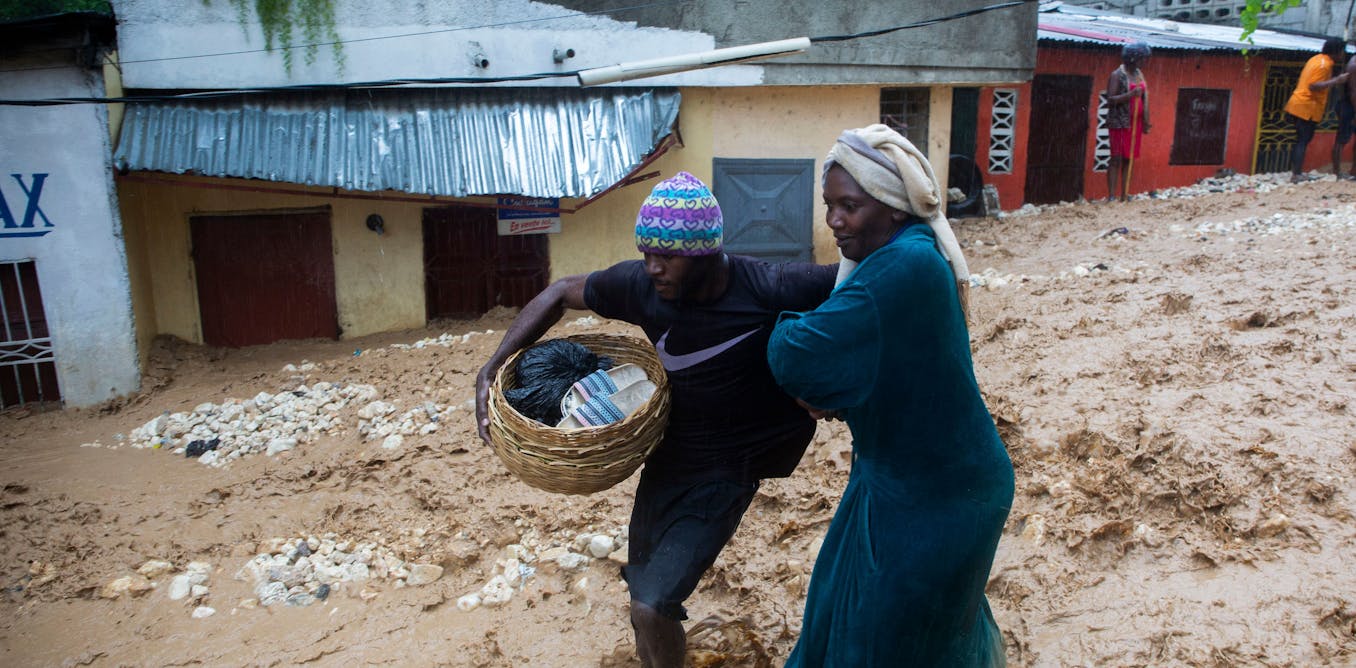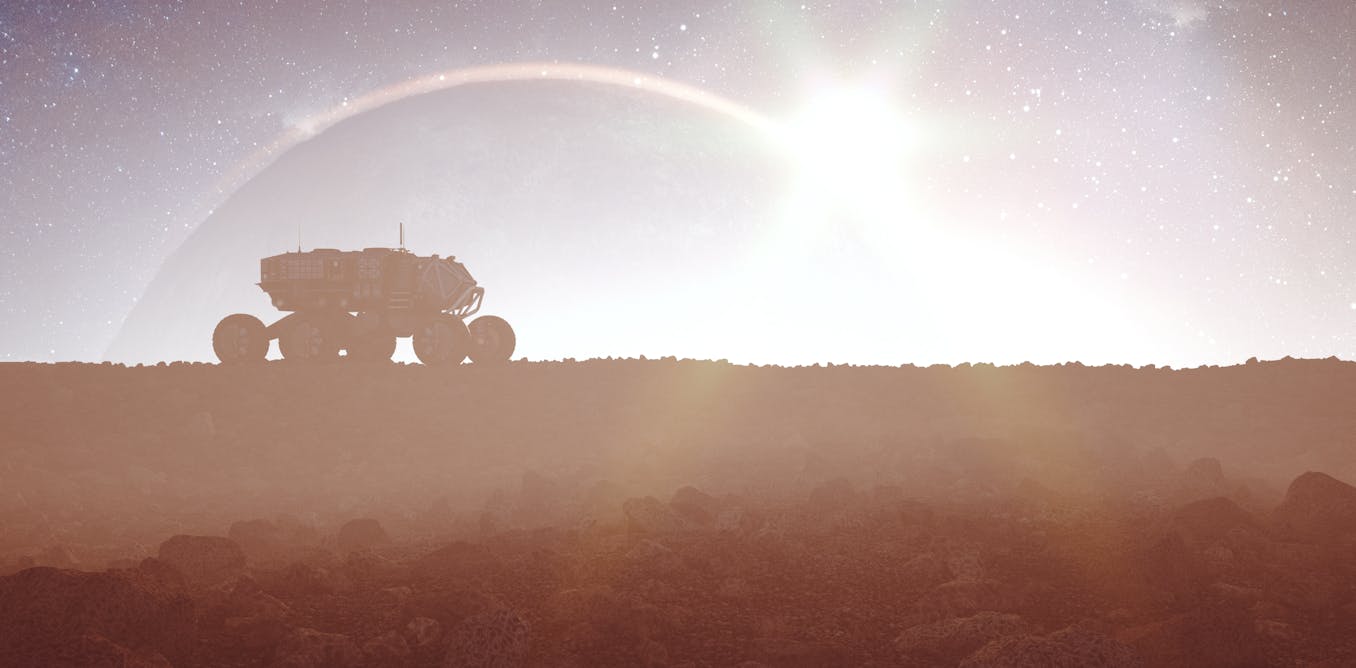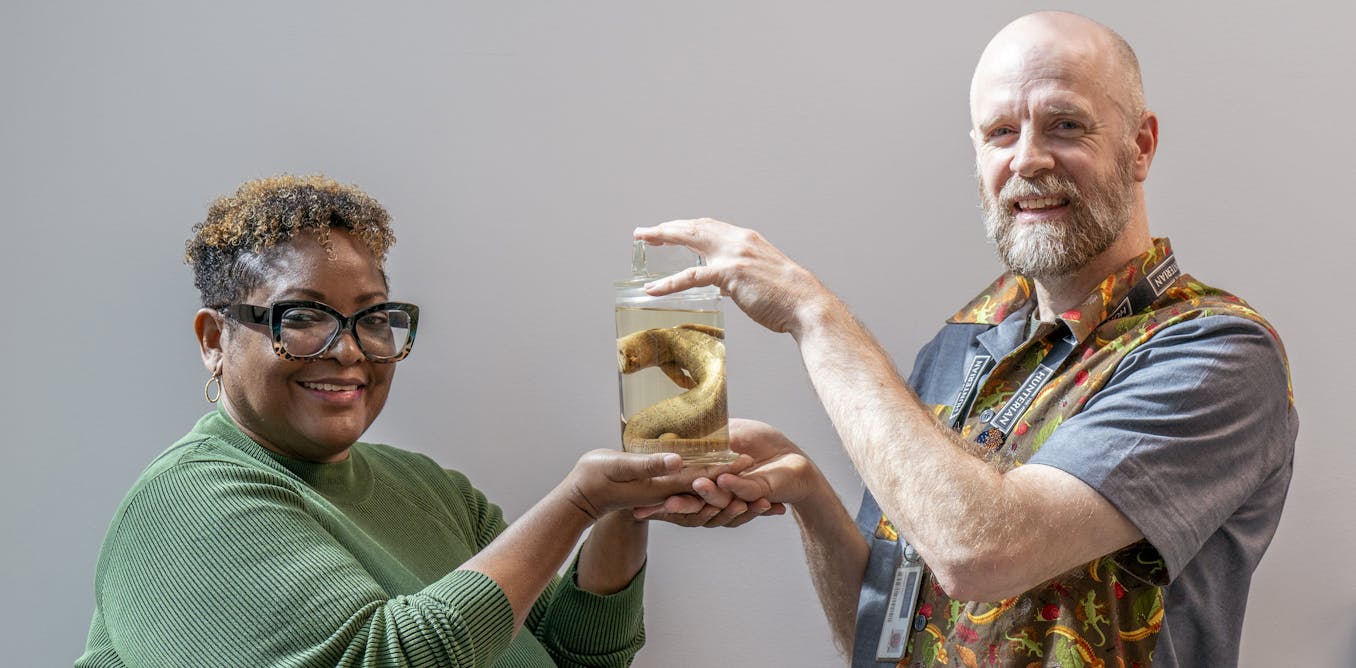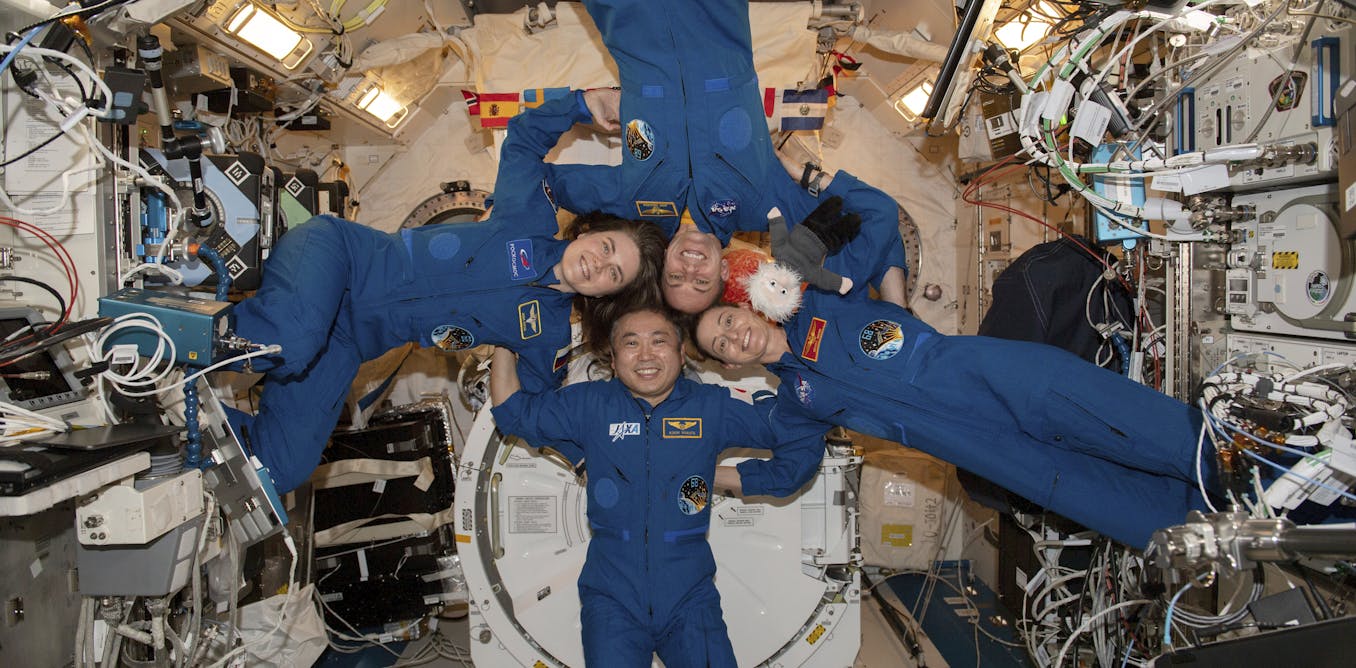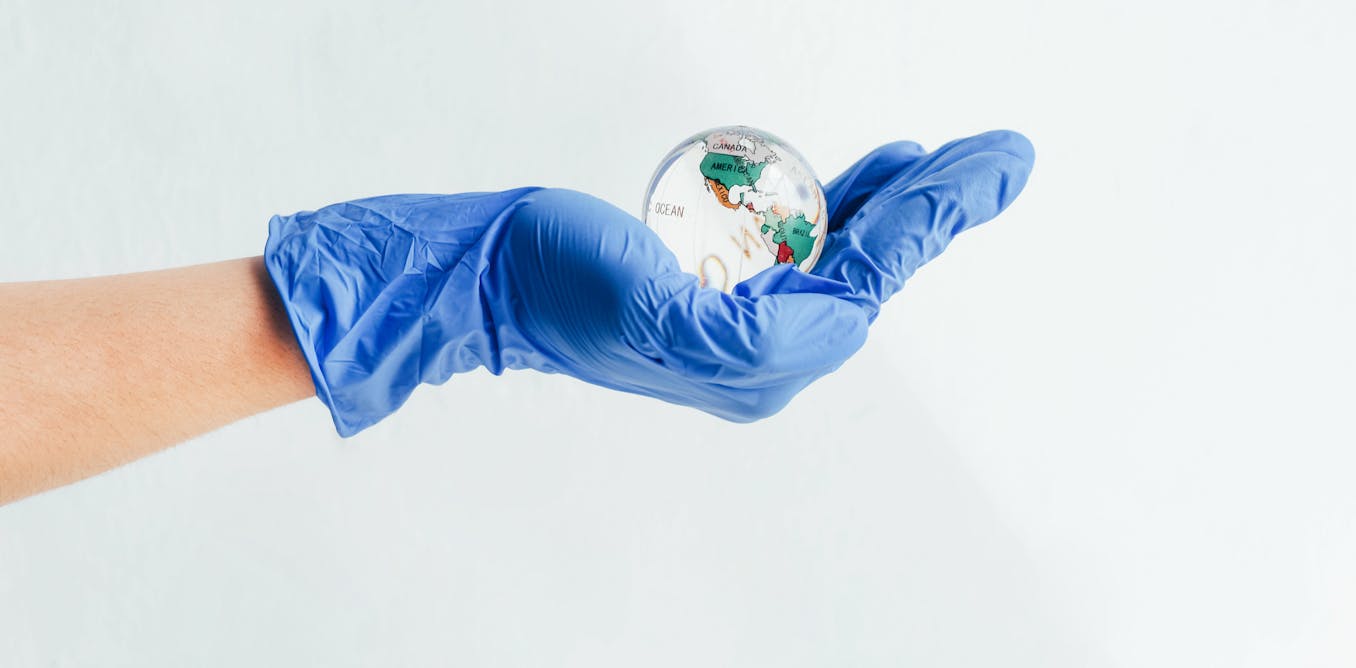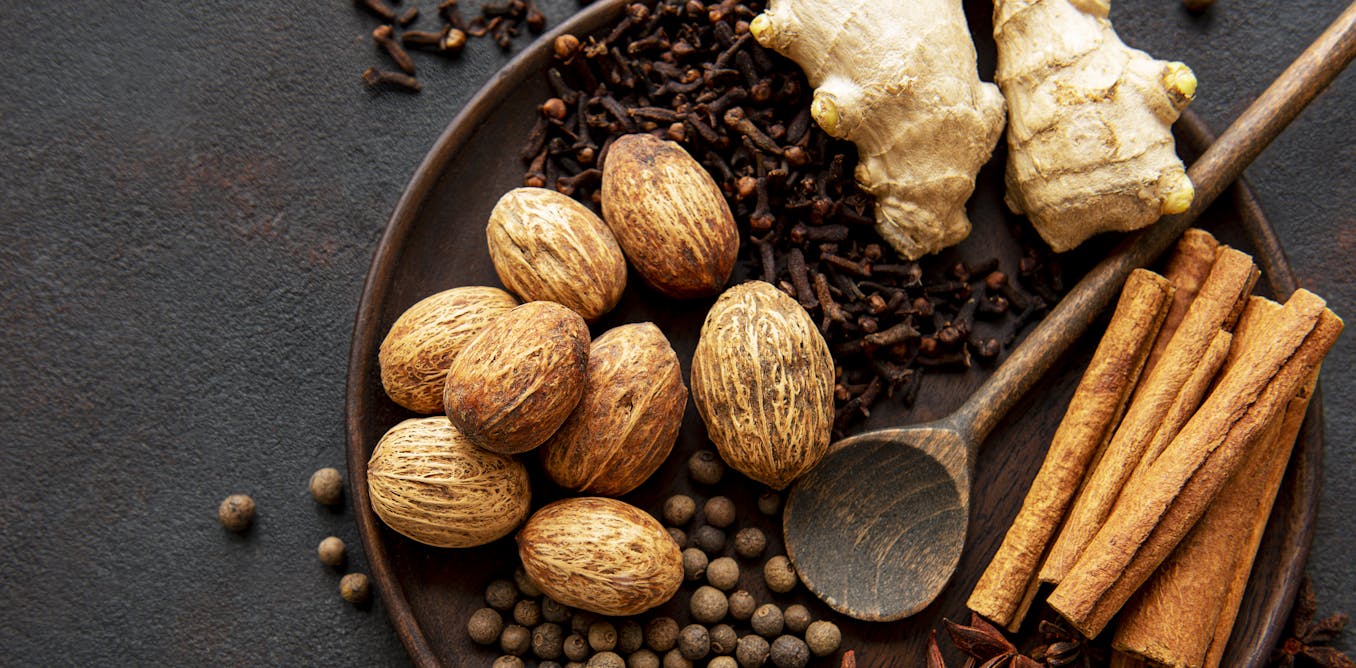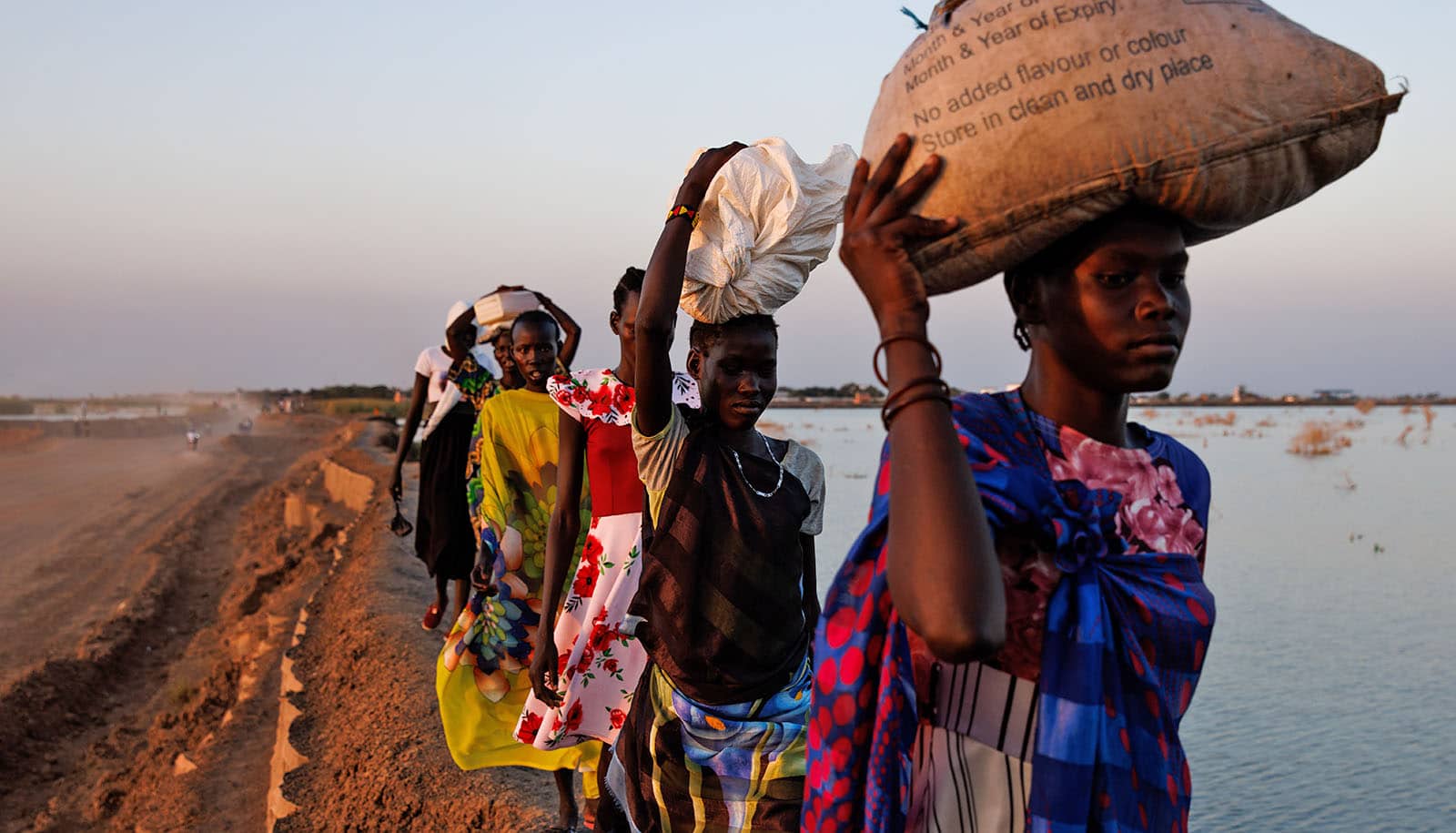Colonialism’s legacy has left Caribbean nations much more vulnerable to hurricanes
The islands’ vulnerability has roots deep in the exploitative systems forced on them by colonialism, from slave-based land policies to ill-suited development that put lives in harm’s way.
Oct. 22, 2024 • ~11 min

